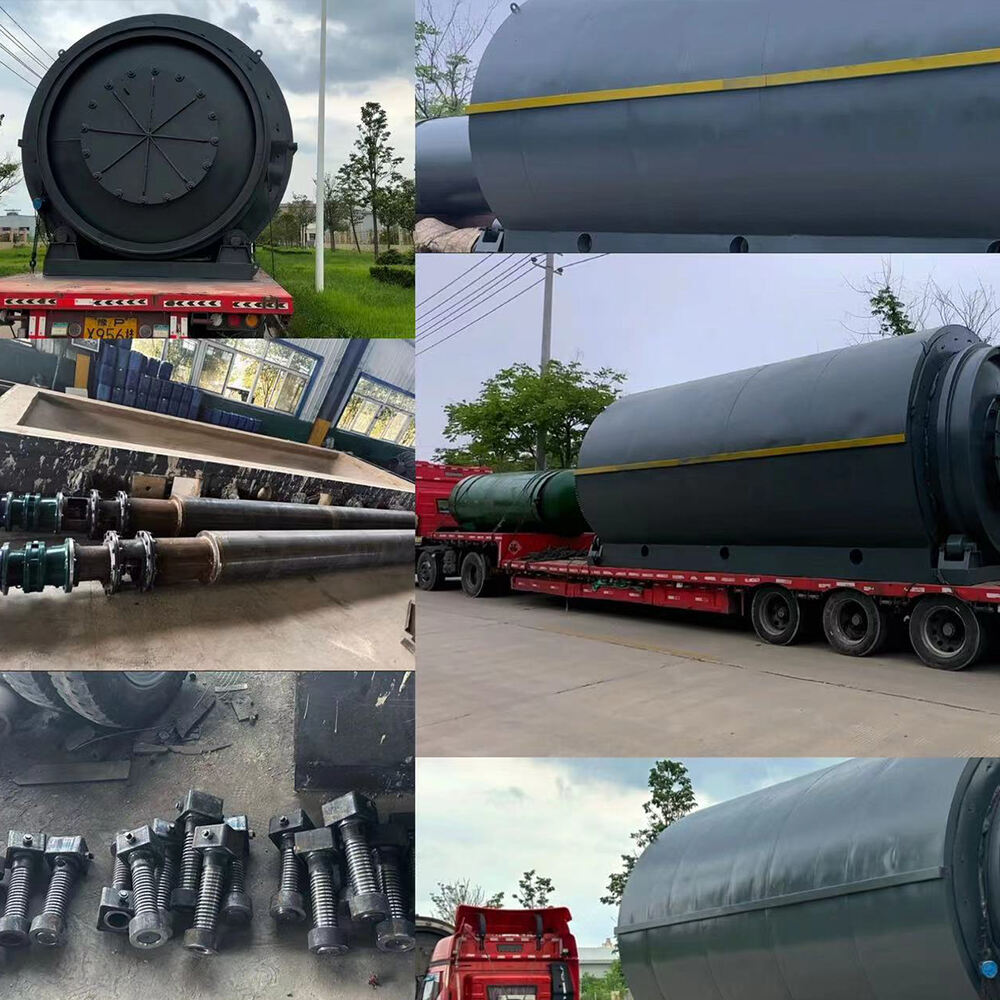Waste-to-Resource Conversion Efficiency
Cracking equipment has become essential for turning waste into something useful instead of just throwing everything away in landfills. Some systems can convert up to 90% of certain materials like old tires and plastic waste into reusable products, which means they really work well at recycling stuff most people would consider trash. The high efficiency rates mean we're saving tons of raw materials from being mined or harvested while keeping waste out of our environment. When companies invest in this technology, they're basically closing the loop on material usage rather than letting things disappear after one use. Take for instance the 50 Ton Continuous Auto Waste Oil Sludge Thermal Cracker plant that turns used motor oil sludge into fuel and other marketable substances. This kind of system isn't just good for business bottom lines either it actually makes a difference in how much pollution ends up in our air and waterways.
Emission Reduction and Pollution Control
Advanced tech solutions have been developed to cut down emissions way below what traditional methods produce, which fits right into our planet's climate goals. Some modern setups actually manage around 30% fewer greenhouse gases released, though this number varies based on what kind of material gets processed through them. What makes these systems so green? Well, they simply emit far less than older alternatives. Plus, companies now incorporate top notch filters and scrubbers that stop dangerous stuff from getting into the air we breathe, making their operations much cleaner overall. Take for instance the Fully Continuous New Waste Tyre Thermal Cracking Plant. This particular facility demonstrates just how effective new processing methods can be at controlling pollution while also extracting maximum usable energy from discarded tires that would otherwise sit in landfills.
Closed-Loop Material Recovery Systems
In modern cracking tech, closed loop systems play a big role in getting the most out of materials through recovery and reuse. These setups can actually recycle around 80% of those pesky byproducts and feed them right back into production lines, cutting down on waste substantially. For companies aiming at zero waste targets, this kind of system is basically a must have if they want to stay green. What makes these systems so valuable isn't just their environmental benefits either they help save resources too, which means lower costs over time. Take the Continuous Pyrolysis Plant paired with its innovative recycling complex as a prime example. This setup doesn't produce any waste at all while keeping operations running smoothly across multiple sustainability metrics that matter most to today's manufacturers.
Economic Advantages of Modern Cracking Systems
Cost Savings Through Energy-Efficient Operations
The latest cracking systems have been transformed to cut down on energy usage quite a bit, which means big savings on running costs for many plants. When these systems include energy recovery components, some facilities report cutting their power needs anywhere from 30% to even 40%, depending on conditions. This kind of improvement does more than just make operations run better it actually speeds up when companies see their money back from investing in waste processing upgrades. What's really interesting is what happens next with those savings. Instead of just pocketing the cash, most businesses reinvest it into areas that matter most to them right now, whether that's expanding production capacity or upgrading safety measures. The result? Companies end up being both greener and healthier financially without sacrificing performance.
Revenue Streams from Byproduct Utilization
Cracking processes today create new money-making opportunities through valuable byproducts. Take oil and gas for example these materials can often be processed again and put on the market, which means extra cash flow for companies. Finding reliable buyers among different sectors that need these secondary products makes all the difference in financial success. What we're seeing is a shift where businesses aren't just wasting materials anymore they're turning them into assets. This approach helps companies grow their bottom line without relying solely on primary production, plus it fits well with green initiatives across the industry.
Reduced Landfill Costs and Compliance Benefits
Modern cracking equipment makes a real difference when it comes to cutting down on waste that would otherwise end up in landfills, which saves money on disposal fees. Less trash means companies spend less on landfill space while also shrinking their overall environmental impact. Companies that stay ahead of the curve with these technologies tend to avoid regulatory fines too, something that protects their brand image in the long run. For many manufacturers, investing in this kind of equipment isn't just good for the planet it actually pays off financially as well. Customers notice when businesses take sustainability seriously, and that builds trust over time.
AOTEWEI's Modern Cracking Solutions
Cracking Equipment for Waste Tire/Polymer Processing
AOTEWEI makes some pretty impressive cracking equipment designed to handle waste tires and various polymers efficiently. Their machines can actually turn old tires into usable products like oil and carbon black, something that cuts down on environmental problems while turning trash into treasure so to speak. The tech behind these machines isn't just good it's really advanced stuff that has gotten them working relationships with major players in the industry plus all sorts of official certifications. This kind of recognition shows why AOTEWEI stands out when it comes to dealing with waste tire issues and breaking down different types of plastics.
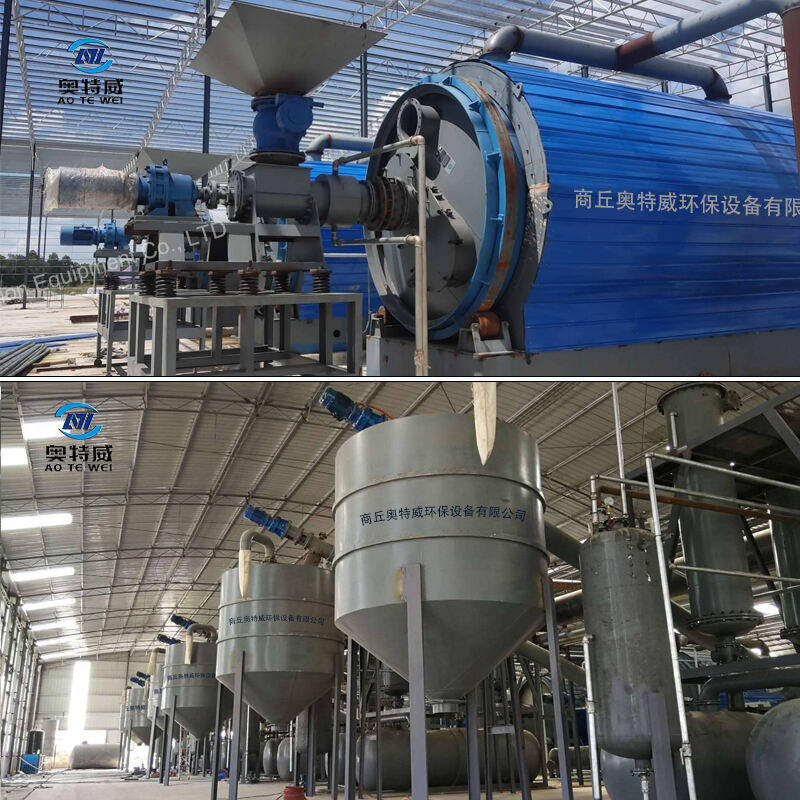
Cracking Equipment
Designed to handle rubber and polymer waste efficiently, this equipment can convert waste into valuable resources like fuel oil and carbon black with minimal environmental impact.
Continuous Cracking Plant with Heat Recovery
AOTEWEI has developed continuous cracking plants featuring advanced heat recovery technology that really boosts energy efficiency. The system works by capturing and reusing waste heat from various parts of the operation, which cuts down on energy bills quite substantially while also increasing production output. What sets these plants apart is how efficiently they manage thermal energy throughout different stages of processing. For businesses looking at long term savings, this kind of setup makes a lot of sense both financially and environmentally. AOTEWEI stands out in the industry not just because of their cutting edge equipment but also due to genuine efforts toward greener manufacturing practices, something many competitors are still catching up with when it comes to actual reductions in energy usage and carbon emissions across their facilities.
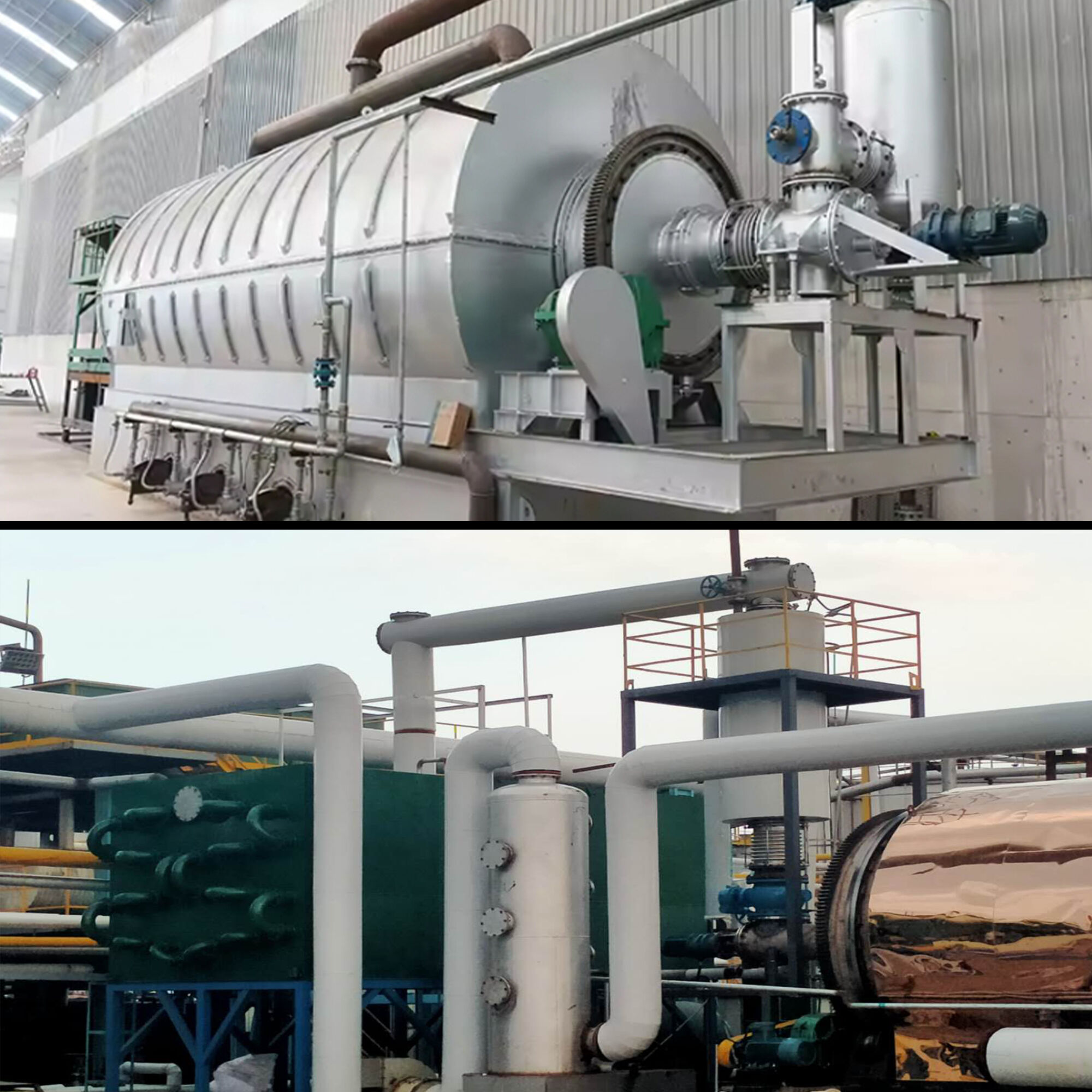
This continuous pyrolysis plant integrates heat recovery to boost energy efficiency, significantly cutting down on operational costs and enhancing productivity.
High-Efficiency Rubber Pyrolysis Machines
The AOTEWEI rubber pyrolysis units really stand out when it comes to getting the most output while using less power than standard models. What sets them apart is how well they convert old tires into usable products, something that many competitors just cant match. Companies running these machines often see impressive returns because they save money on both energy bills and disposal costs at the same time. Plus, managing tire waste becomes much easier for businesses looking to cut down their environmental impact without breaking the bank.
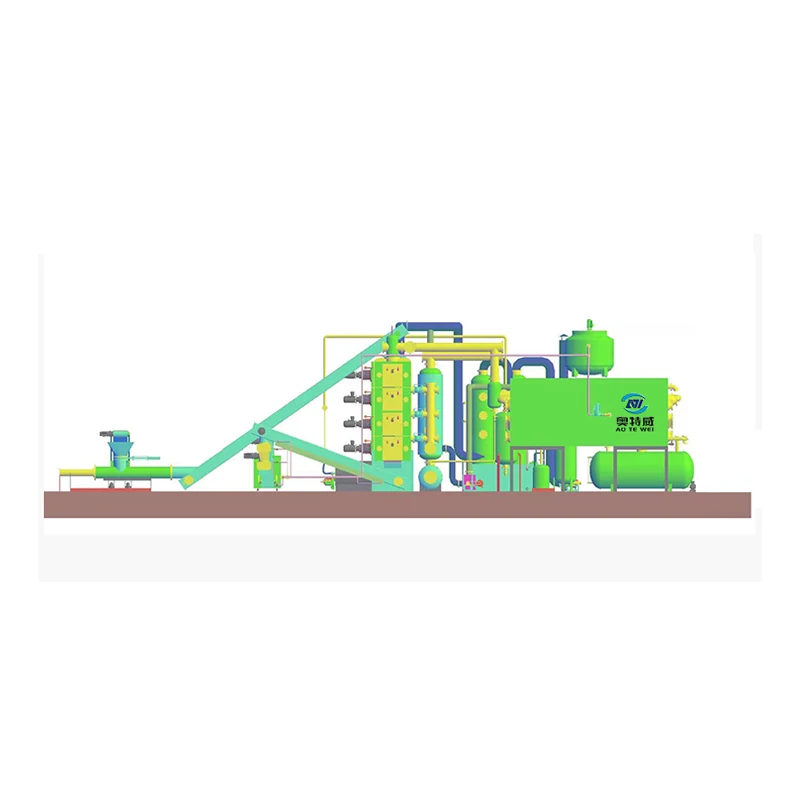
Continuous Cracking Equipment for Rubber Pyrolysis High Efficiency Machines
With conversion rates among the highest in the industry, these machines optimize energy consumption, contributing to cost-effective and sustainable rubber waste management.
Coal-to-Oil Conversion Cracking Systems
AOTEWEI has developed coal-to-oil conversion systems that turn coal into liquid fuels, which helps meet today's energy needs while promoting greater energy independence. These systems work by tapping into the massive amounts of coal available worldwide to make liquid fuels. What makes them stand out is their efficiency rate, which gets over 80% conversion from coal to usable fuel. For countries looking to manage their own energy supplies without relying so much on imports, this technology offers real advantages. Many governments are starting to see how such systems can help balance their energy portfolios during these uncertain times when global markets fluctuate constantly.
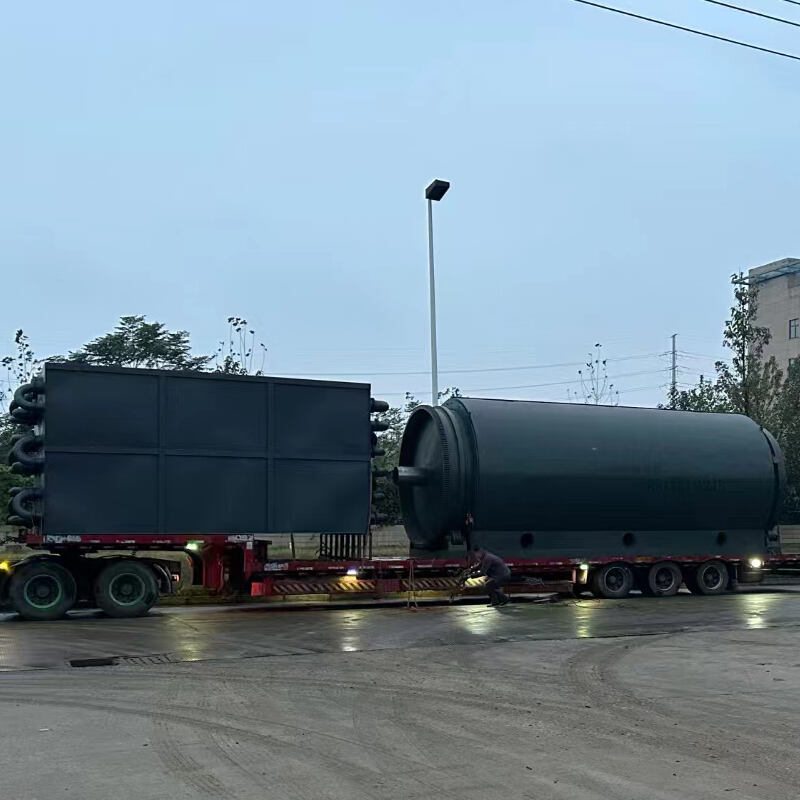
New Continuous Cracking Equipment Oil Refining Pump for Coal to Oil Conversion Manufactured for Rubber Pyrolysis Machines
These systems transform coal into liquid fuels, boasting over 80% conversion rates, efficiently addressing energy demands while supporting energy independence.
Integrated Recycling Complex Equipment
AOTEWEI's integrated recycling complexes bring together multiple functions in one system, making waste management much more efficient across the board. These setups process different types of materials simultaneously, which cuts down on carbon emissions quite a bit compared to traditional methods. The company claims their equipment helps businesses move toward greener operations without sacrificing productivity. Many manufacturers find that after installing these systems, they actually save money long term despite the initial investment costs. Some have reported up to 30% reductions in energy consumption within the first year of operation.
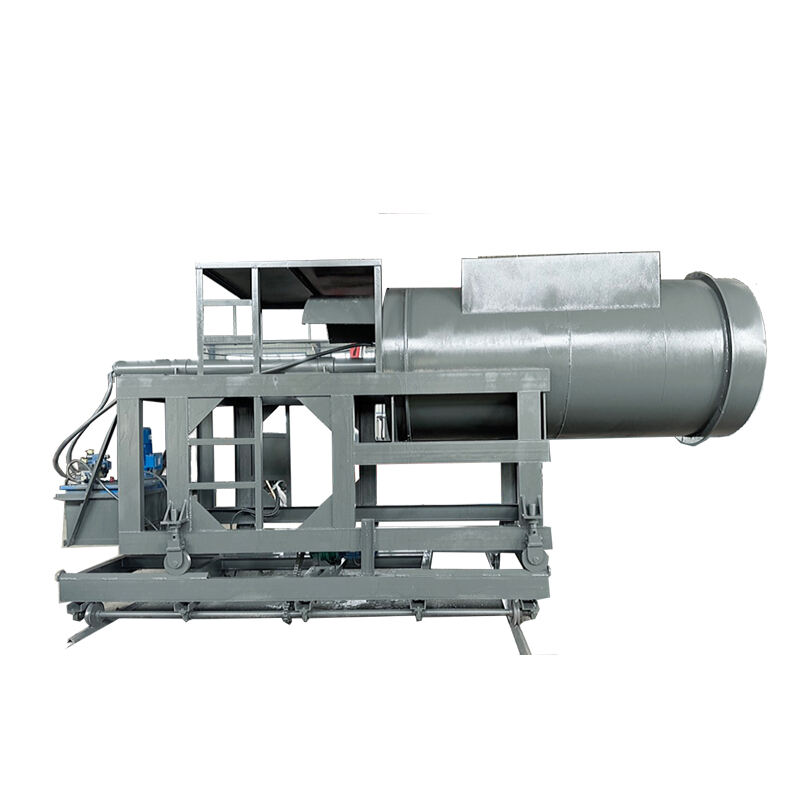
New Rubber Pyrolysis Machines for Cracking Equipment Pump as Core Component for Manufacturing Plant Industries
This integrated complex combines multifunctional waste processing for holistic management, supporting sustainable practices and reducing carbon footprint.
Future Trends in Sustainable Cracking Technology
AI-Driven Process Optimization
Bringing artificial intelligence into cracking technology is changing how we think about optimizing processes and getting better efficiency. These smart systems can look at live data as it comes in and tweak parameters on the fly to get the best possible results. What this means in practice is that plants run smoother while producing less waste overall. Some research from industry reports shows around a 25% improvement in efficiency when companies implement these AI solutions, which speaks volumes about how transformative they really are. Looking ahead, as machine learning gets even smarter, it will likely play a bigger role in keeping improvements coming and pushing performance boundaries further than ever before. Most forward thinking operators already see AI as essential rather than optional for staying competitive in modern manufacturing.
Renewable Energy Integration
The move toward renewable energy is really important for making cracking technology more sustainable. When companies start using solar panels or wind turbines to power their operations, they cut down on fossil fuel consumption and significantly lower carbon emissions. Some facilities have reported cutting running costs almost in half after switching to renewables for their cracking processes, which makes sense both economically and environmentally. We're seeing this happen across industries right now, with many manufacturers redesigning their systems to work better with clean energy options while still maintaining efficiency standards required by modern production demands. With continued investment in green technologies, it looks like industrial sectors will gradually transition away from traditional energy sources over the next decade or so.
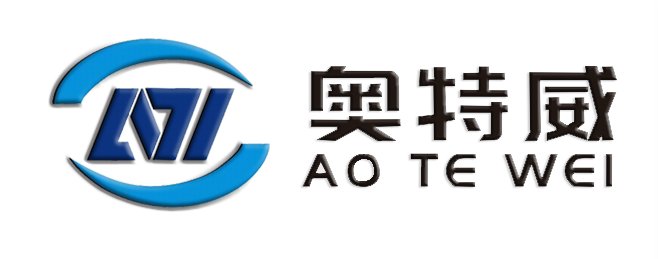






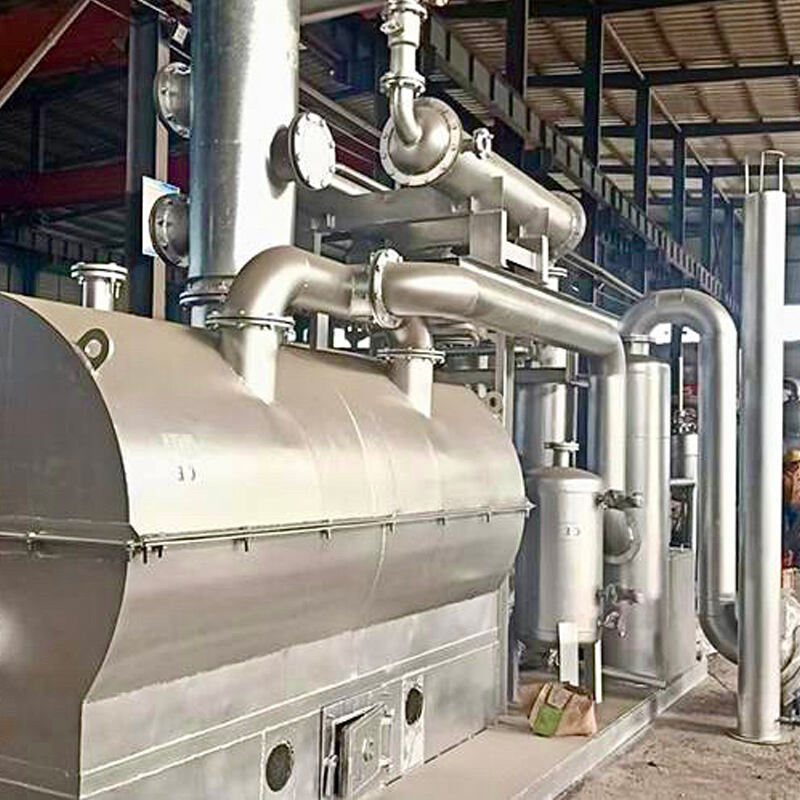
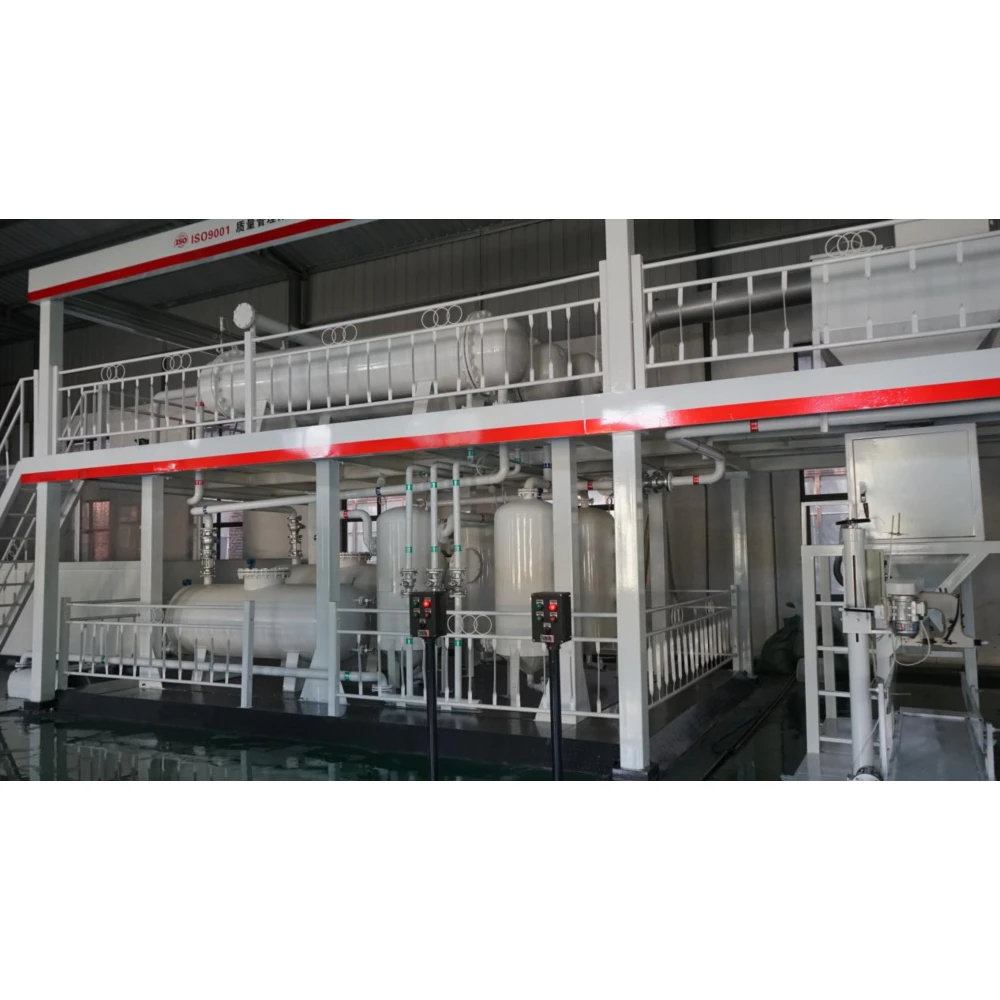
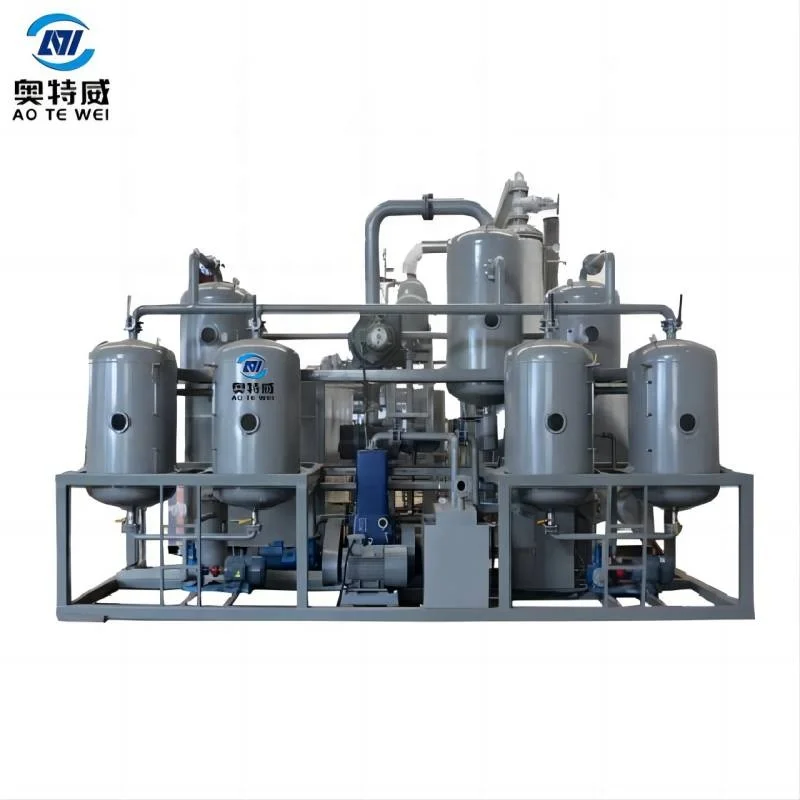
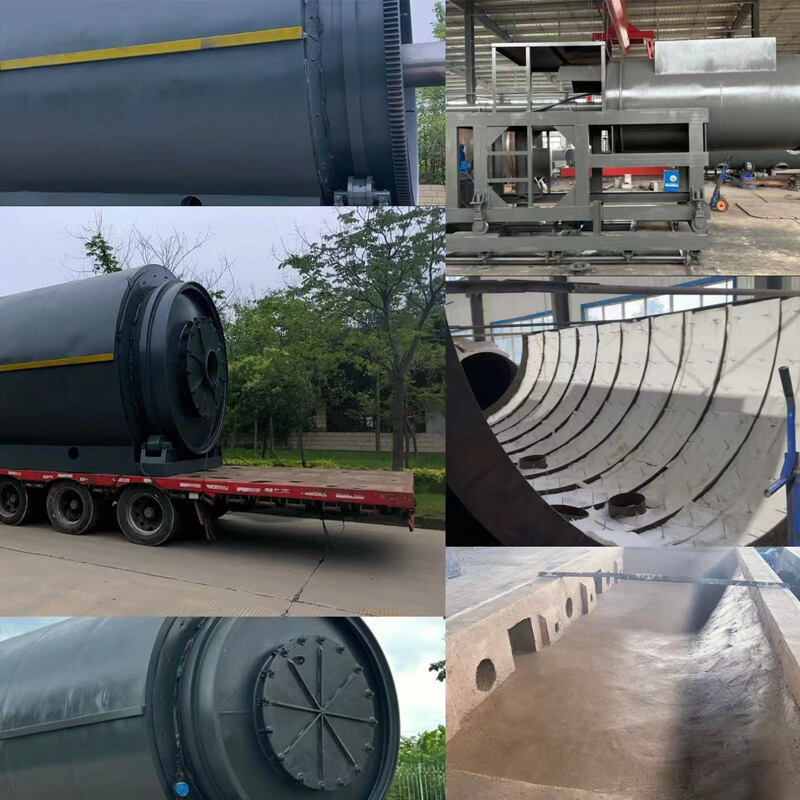

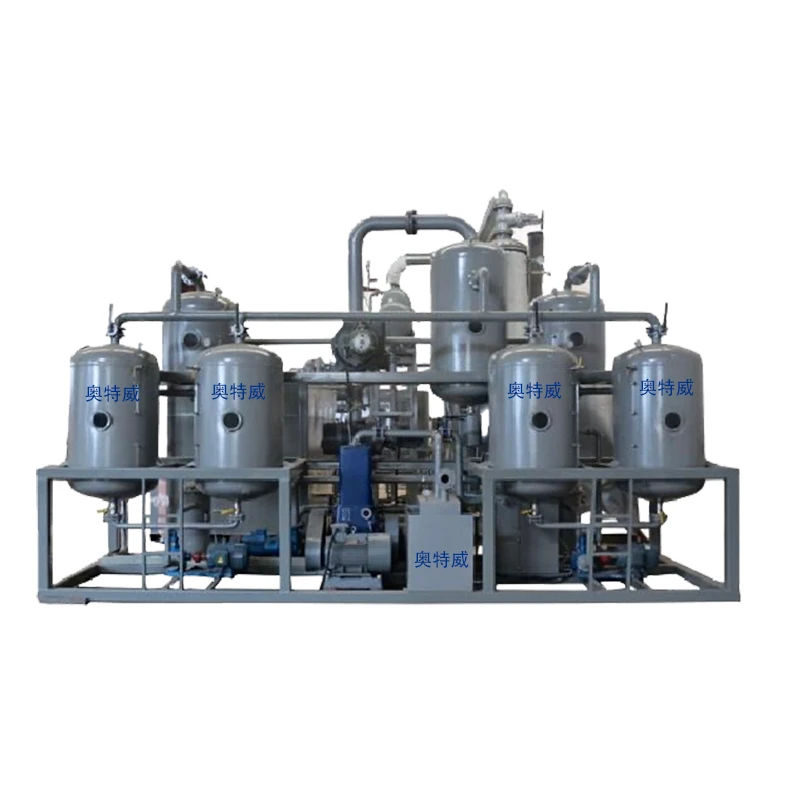
 Hot News
Hot News